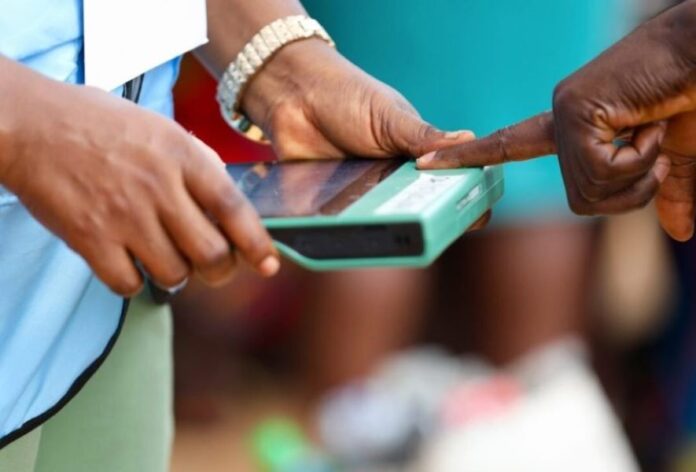The National Secretary of the African Democratic Congress (ADC), Rauf Aregbesola, has called on the Independent National Electoral Commission (INEC) to publicly demonstrate and standardize all electoral technologies it plans to deploy ahead of future elections, including the Bimodal Voter Accreditation System (BVAS) and the IReV portal, to restore public confidence in the electoral process.
Speaking during a session on Innovation in Electoral Technology, Aregbesola faulted INEC’s practice of unveiling new technologies only on election day, describing it as opaque and counterproductive.
“INEC must do a public presentation of whatever technology it intends to use,” he said. “Let Nigerians see and understand the tools. Don’t tell us you’re using BVAS or IReV only for us to wake up on election day and discover something entirely different. The 2022 Electoral Act compels INEC to demonstrate how it intends to conduct elections.”
Aregbesola stressed that transparency and consistency in electoral technology were crucial to preventing confusion, manipulation, and loss of trust in the process.
“Technology is only as credible as the person operating it,” he said. “Even Artificial Intelligence is just as good as the human behind it. That’s why Stalin cynically said voters don’t matter as much as those who announce the results—and sadly, that still rings true.”
The former Interior Minister wondered why Nigeria had not adopted real-time result display systems used in countries like India, Brazil, and Venezuela.
“How come that in those countries, votes are tallied and displayed as people cast them? Let’s demand simultaneous display of results as they come in. The paperwork should only serve as backup,” he noted.
Aregbesola also urged INEC to grant greater access to party agents and observers, insisting they must not be kept at a distance during accreditation and voting.
On voter registration, he called for the integration of INEC’s database with the National Identity Management Commission (NIMC) to eliminate multiple and fraudulent entries.
“Linking INEC’s register to NIMC will end bloated registers and ghost voters,” he said. “How do we have 93 million registered voters but only 23 million turn out to vote? We need a credible register that reflects the real voting population.”
He further proposed that political parties with at least five members in the National Assembly should jointly nominate INEC commissioners to ensure institutional neutrality.
“If the main beneficiary of manipulation nominates who chairs INEC, the outcome is already compromised,” he argued.
While admitting that such reforms may require constitutional amendments, Aregbesola insisted that political will remained the only obstacle.
“To have democracy, you need democrats,” he concluded. “And to have democrats, you must build trust and transparency into the process.”

